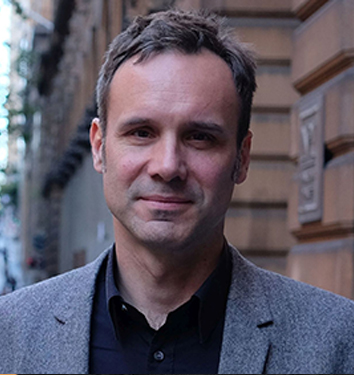|
.
Christian Derix founded the first 'Computational Design' group in architectural industry and is a global leader in computational urbanism and architectural AI. With 20 years of experience in academic and professional R&D, he is one of the early pioneers at the nexus of human-centric planning with generative design, data science & machine learning.
He is the founder of many state-of-the-art computational planning consultancies. Developing the business strategies and IP behind applied research, he founded and directed: Aedas|R&D and its Computational Design Research [CDR] group in 2004, Woods Bagot's design research agency SUPERSPACE in 2014 and Urban Systems of ERA-co in 2019.
The work of his groups have won awards in various domains such as the 2010 President’s Medal commendation of the Royal Institute of British Architects (RIBA) for Research in Practice for its work on the September 11th Memorial Museum in New York; the 2011 Compasso d’Oro Honoray Mention for the first participatory web-based furniture system called VITA in Milan; the 2012 CTBUH Innovation Award for the Activated Façade for the Al Bahr Towers in Abu Dhabi; and the 2019 Fast Company ‘World Changing Ideas Awards’ Finalist and Honorable Mention in the two categories of ‘Spaces, Places and Cities’ and ‘AI and Data’ for the MoreLA urban planning research.
Derix completed his MSc in 2001 by developing the first AI application for urban analytics using artificial neural networks. He holds a PhD from the Technical University Vienna on the subject of ‘People, Space and Computation’ and has taught and researched the subject across Europe at University College London, University of East London, Politecnico di Milano, TU Vienna, ETH Zurich, TU Munich, IE University Madrid and the University of Sheffield.
He co-founded the Centre for Evolutionary Computing in Architecture [CECA] at the University of East London in 2002 with Paul Coates where many of the foundations for AI and machine learning in space planning were laid.
|


